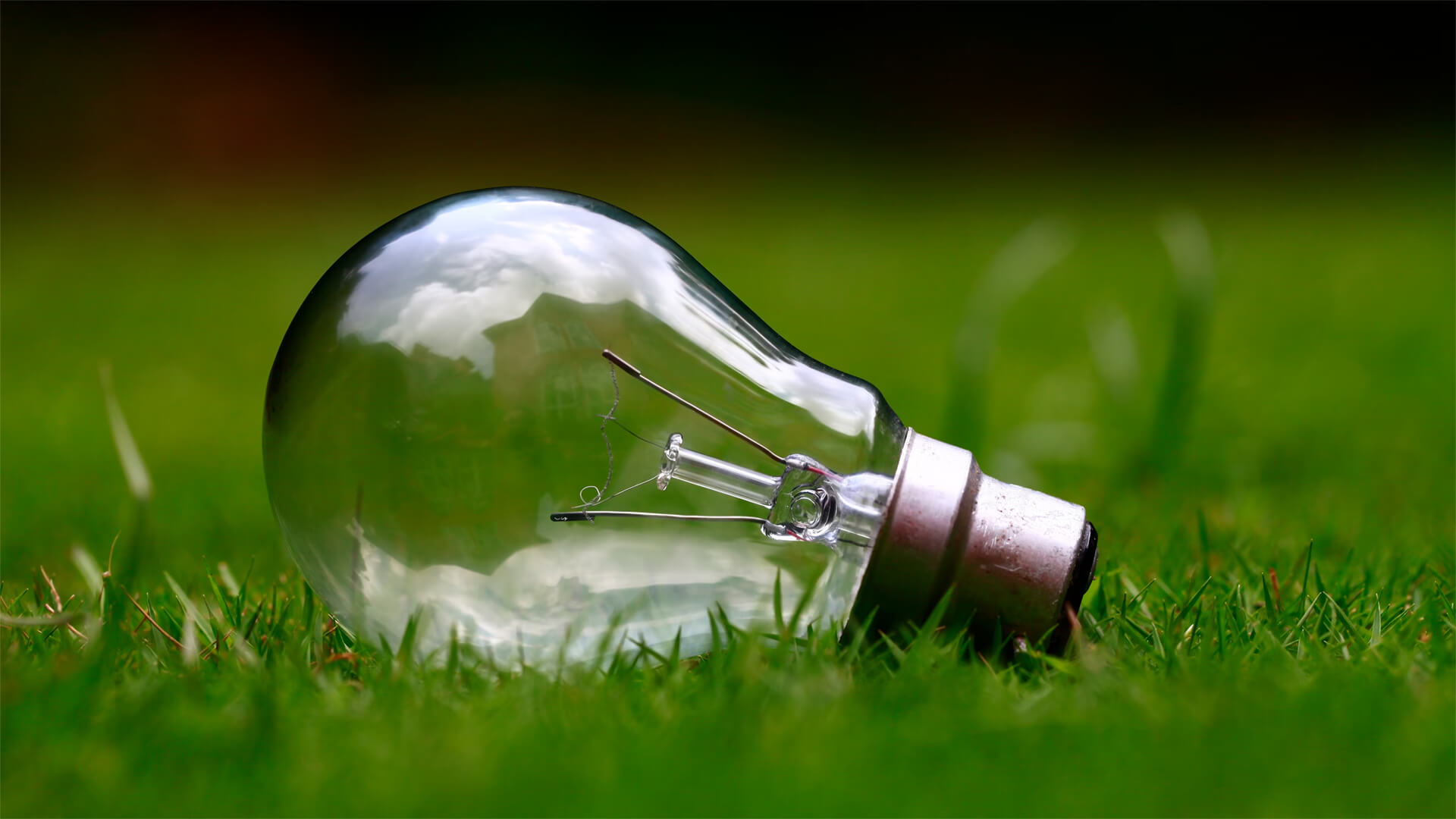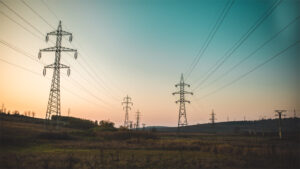Some European economists came up with a super-duper-hyper-
One of the big problems facing the green transition is that we must double our energy output in order to make it feasible. What if we didn’t need to ramp up output and could just cut energy usage? With all the efficiency gains we’ve made over the years, it seems like a possibility.
Unfortunately, its not that simple. With the correlation between economic activity and energy usage remaining strong, the “use less” solution loses its legs. And then you start to breakdown populations and climates and things get even harder. Sure, there are places where using less might work, but good luck getting everyone to move to Iowa…
Here at Zeihan On Geopolitics we select a single charity to sponsor. We have two criteria:
First, we look across the world and use our skill sets to identify where the needs are most acute. Second, we look for an institution with preexisting networks for both materials gathering and aid distribution. That way we know every cent of our donation is not simply going directly to where help is needed most, but our donations serve as a force multiplier for a system already in existence. Then we give what we can.
Today, our chosen charity is a group called Medshare, which provides emergency medical services to communities in need, with a very heavy emphasis on locations facing acute crises. Medshare operates right in the thick of it. Until future notice, every cent we earn from every book we sell in every format through every retailer is going to Medshare’s Ukraine fund.
And then there’s you.
Our newsletters and videologues are not only free, they will always be free. We also will never share your contact information with anyone. All we ask is that if you find one of our releases in any way useful, that you make a donation to Medshare. Over one third of Ukraine’s pre-war population has either been forced from their homes, kidnapped and shipped to Russia, or is trying to survive in occupied lands. This is our way to help who we can. Please, join us.
TranscripT
Hey everybody. Peter Zeihan here coming to you from San Francisco Bay where I’m cool on my heels waiting for my flight. I’ve been here for the last several days and as you might guess, I get a few more environmental themed questions in California than I do other places. The one that I got that I found most interesting, however, came from a series of economists in Europe who were talking about how the solution to the climate crisis ultimately may well be that we just need to use less.
The idea is if we’re using X number of amount of energy and that’s too much, and solar and wind and the rest are just not ready for prime time, then perhaps they didn’t stick their reputations on this. Then perhaps the only way to go is to go down. Maybe. Here’s the thing. There’s a direct correlation between economic activity and energy use.
So while you can make efficiency gains, they tend to be incremental. We have made a lot of those over the last 30 years, things like ovens and dishwashers and refrigerators use about about half the energy that they did back in the nineties, but that’s a relatively small fry. The real issue has to do with location. If you’re living in a place where climate control is required for daily life, I mean, you’re it’s really hard to use less.
So let me kind of give you an example here that puts some numbers behind us. If you go back to World War Two, the populations of Iowa, Minnesota and Florida were all between two and 3 million. But if you fast forward to today, Florida has over 21 million. Minnesota has about six, and I was still below three. The difference is climate.
Say what you will about the Midwest. It tends to have summers and not too oppressively hot winters that are not too oppressively cold. And so if you’re in the middle of it, like in Iowa, climate control is nice to have, but it’s not required for modern life in the same way that it might be, say, in hot, humid Florida or frigid, frigid, frigid Minnesota.
But once the Minnesotans could have heat and once the Floridians could have air conditioning, the math changed. Well, that means that living in these places generates a lot of energy demand in order to get the concentrations of populations and the economic activity we have now. So to those economists, I could say this, you know, yes, we could all use less, but that would mean that we all have to move to Iowa.








